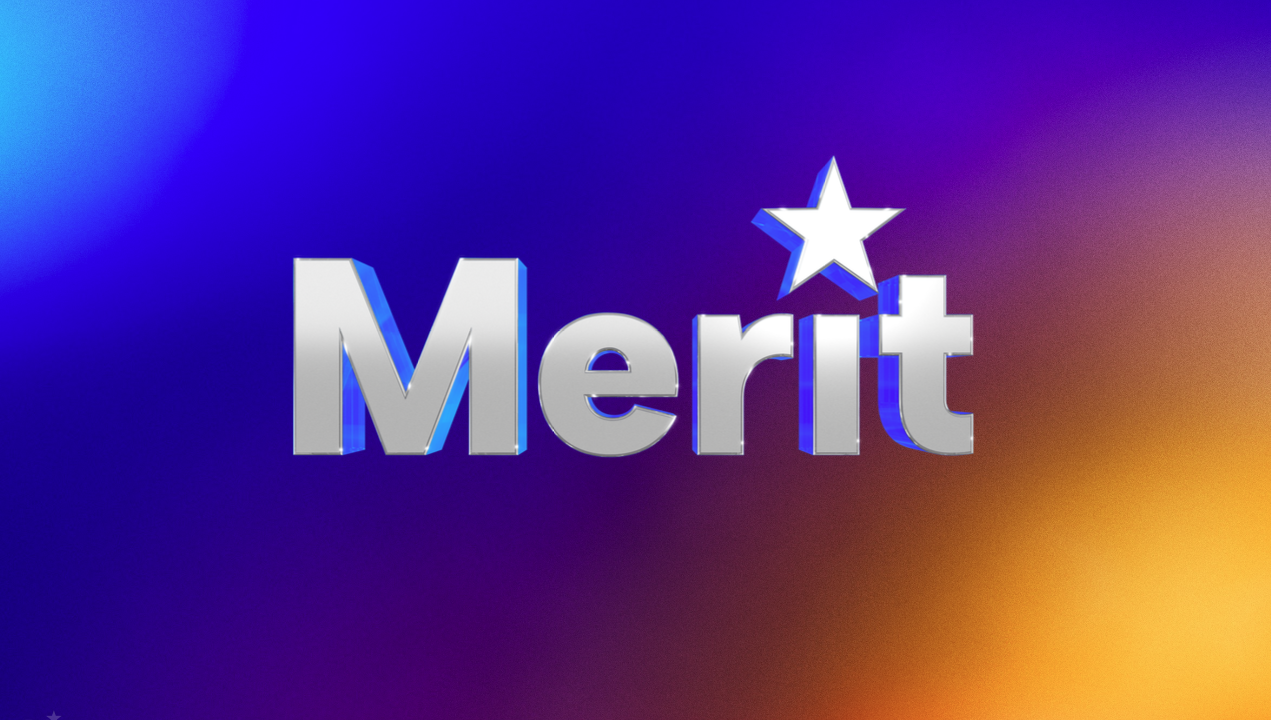3 min read
US Supreme Court leans toward parents who object to elementary school LGBT storybooks
 Merit Street Media
|
Apr 23, 2025
Merit Street Media
|
Apr 23, 2025

The U.S. Supreme Court appeared inclined to rule in favor of Christian and Muslim parents in Maryland seeking to keep their elementary school children out of certain classes when storybooks with LGBT characters are read in the latest case involving the intersection of religion and LGBT rights.
The nine justices heard arguments on Tuesday in an appeal by parents with children in public schools in Montgomery County, located just outside of Washington, after lower courts declined to order the local school district to let children opt out when these books are read.
The parents - who include Muslim, Roman Catholic and Ukrainian Orthodox plaintiffs - contend that the school board's policy of prohibiting opt-outs violates the U.S. Constitution's First Amendment protections for free exercise of religion. President Donald Trump's administration backed them in the case.
The Supreme Court, which has a 6-3 conservative majority, has steadily expanded the rights of religious people in recent years, including in cases involving LGBT people. And many of the justices seemed receptive to the claims by the parents that the lack of opt-outs burdens their religious beliefs.
But the court's three liberal justices raised concerns about how far opt-outs for students could go beyond storybooks in public schools, offering examples of subjects such as evolution, interracial marriage or women working outside the home that might come up in classes.
It was unclear whether the court would issue a narrow ruling requiring lower courts to reexamine the case, or broadly require the opt-outs.
The Montgomery Country district in 2022 approved a handful of storybooks that feature lesbian, gay, bisexual and transgender characters as part of its English language-arts curriculum in order to better represent the diversity of families in the county. The storybooks do not instruct about gender or sexuality and are available for teachers to use "alongside the many books already in the curriculum that feature heterosexual characters in traditional gender roles," the district said in a court filing.
Opt-outs are still allowed by the district for sex education units of health classes.
Citing one of the disputed storybooks that portrays a same-sex wedding, conservative Justice Samuel Alito emphasized that the material promotes a moral message.
"The book has a clear message. And a lot of people think it's a good message, and maybe it is a good message, but it's a message that a lot of people who hold on to traditional religious beliefs don't agree with," Alito told Eric Baxter, a lawyer for the Becket Fund for Religious Liberty conservative legal group, representing the parents.
Alito dissented in the Supreme Court's landmark 2015 decision that legalized same-sex marriage nationwide.
Conservative Justice Amy Coney Barrett pushed back on the idea that the books were merely exposing children to diverse communities and ideas.
"It's presentation of the idea as fact - that's different, right? " Barrett asked a lawyer for the school board, Alan Schoenfeld.
"It's saying, 'This is the right view of the world. This is how we think about things. This is how you should think about things,'" Barrett added.
The plaintiffs said in their lawsuit that the storybooks "promote one-sided transgender ideology, encourage gender transitioning and focus excessively on romantic infatuation - with no parental notification or opportunity to opt out."
Schoenfeld told the justices that the school district is attempting to teach respect for others in a pluralistic society, and that exposure to religiously objectionable content happens every day in elementary school classrooms - whether about women who work outside the home, veterans who fought in violent wars or LGBT characters in storybooks.
The book about a same-sex wedding, Schoenfeld told Alito, "is a story that is being used to teach students that, just as in the 99 of the 100 books that we read about couples (in which) it's a man and a woman, there also may be a man and a man."
Some liberal justices raised concerns about how broad the opt out rule should be. Justice Elena Kagan wondered if they would apply to parents of a 16-year-old in biology class who say, "I don't want my child to be there for the classes on evolution."
Justice Sonia Sotomayor listed several examples in which parents have objected to material about divorce, interfaith marriage and women's achievements outside the home.
"Are these all coercive?" Sotomayor asked Baxter.
The parents who sued included Tamer Mahmoud, Enas Barakat, Chris Persak, Melissa Persak, Jeff Roman and Svitlana Roman, along with an organization called Kids First that seeks opt-out rights in Montgomery County.
The Richmond, Virginia-based 4th U.S. Circuit Court of Appeals in 2024 denied their bid for a preliminary injunction allowing for opt-outs.
The Supreme Court is expected to rule by the end of June.
Copyright Reuters

